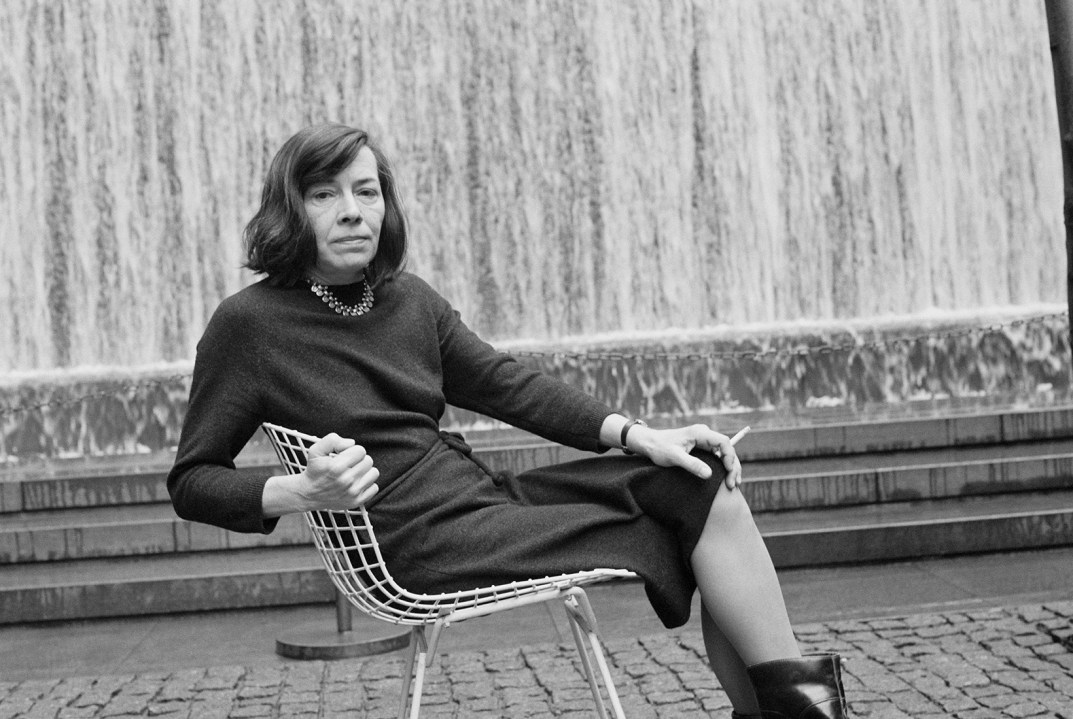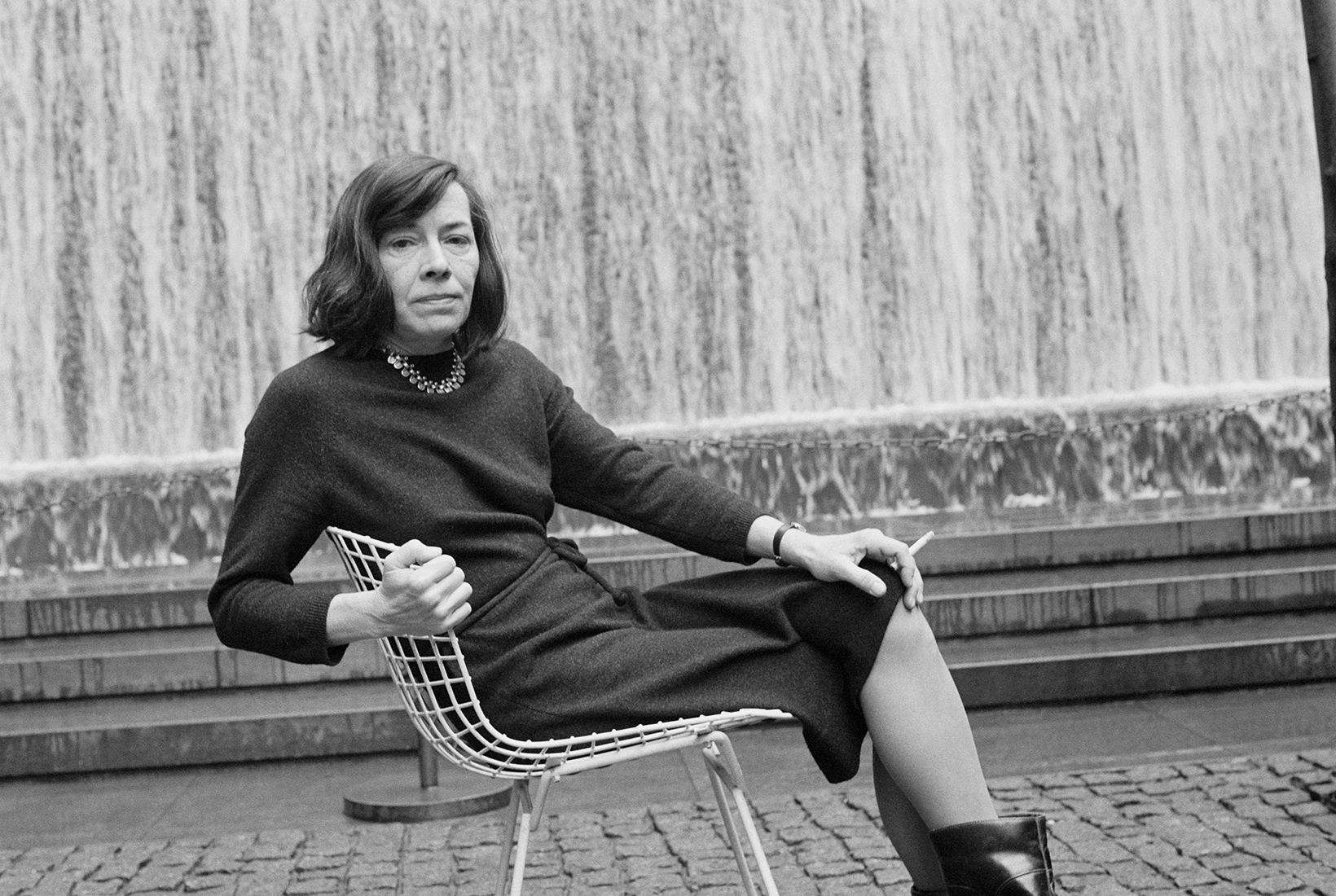I’d forgotten what a rich and deep and characterful voice John le Carré had. Listening to author and lawyer Philippe Sands’s Archive on 4 programme on him last week, I was struck by how much more engaging it was than almost every other male voice on the radio these days. Le Carré’s weren’t simply the measured tones of a mid–century public schoolboy. There was a real spirit in his voice, something melodic, which, in a world of Nick Grimshaws and Greg Jameses, stopped me in my tracks.
Le Carré’s voice was undoubtedly part of the armoury that enabled him to win people over, even ‘to manipulate crowds’. This, his youngest son, the writer Nick Harkaway, told Sands was an ability he had inherited from his own father, the notoriously dodgy Ronnie. An associate of the Kray twins, Ronnie was something of a smoothie, with a shameless habit of autographing his son’s books as ‘the author’s father’ to sell on. It was all le Carré could do to ensure that he did not turn into him.
Sands got to know David Cornwell, as le Carré was called off the page, in 2003. ‘For me, he was just my neighbour,’ he said, perched outside his front door. In happier times, they used to toddle off to the pub together to share rhubarb crumble and discuss their opposition to the Iraq war. Cornwell suggested that Sands rereadA Perfect Spy, the most autobiographical of his novels, alongside an article he’d written for the New Yorker that he posted through Sands’s door. In the piece, well worth reading, le Carré described his violent father’s ‘reach, psychological and physical, and his terrible charm’.
Le Carré’s German publisher often ticked him off for idealising her country
What emerged most devastatingly from the archive of interviews, conducted from the 1960s through to his last appearance at Hay Festival in 2013, was le Carré’s insistence that having such a father had done him some good.








Comments
Join the debate for just £1 a month
Be part of the conversation with other Spectator readers by getting your first three months for £3.
UNLOCK ACCESS Just £1 a monthAlready a subscriber? Log in